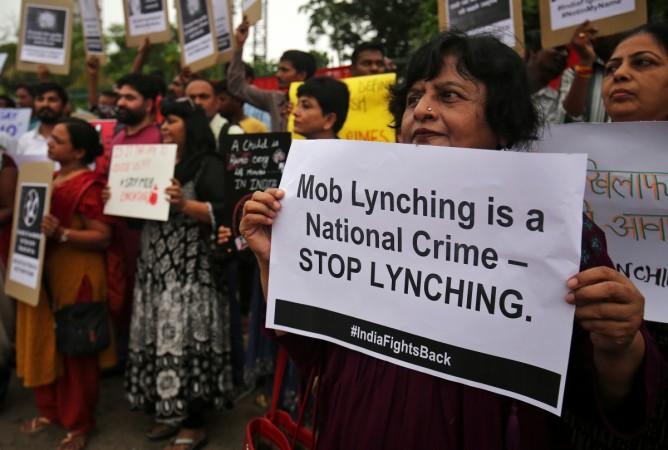
Writer-activist Harsh Mander, who works with survivors of mass violence and hunger, has said that lynching is not a law and order problem but is a result of "bigotry" which is legitimized by top affiliates of a section of people.
Mander was speaking at the launch of "Reconciliation: Karwan-e-Mohabbat's Journey of Solidarity through a Wounded India", a book authored by him, along with John Dayal and Natasha Badhwar.
At the book launch, Mander said: "Lynching should not be seen simply as a law and order problem. It is what I call 'command-hate crime'. It attacks people because of hatred due to their religious and caste identity.
"And it is 'command' because it is the result of hatred and bigotry legitimized rights from the top."
He further added that people "need to question" (those in power) for "failing to speak out, and to intervene, when murderous hate is unleashed on innocent lives".
"We need our conscience to ache. We need it to be burdened intolerably. I deeply worry about my country. We are losing the precious idea of beautiful India and nobody else can bring it back except us, and this we can do with the courage of love," he said.
Talking about the ways to curb the hate violence in the country, John Dayal, human rights and political activist said: "The only way to prevent such hate crimes and lynching is by nurturing a counter-ideological narrative."
The book, published by Westland under its new literary imprint Context, is part travelogue, part reportage and part testimonials from some of the travelers-concerned citizens, writers, journalists, photographers, students, lawyers- seeking to replace fear and hate with empathy and love.

















